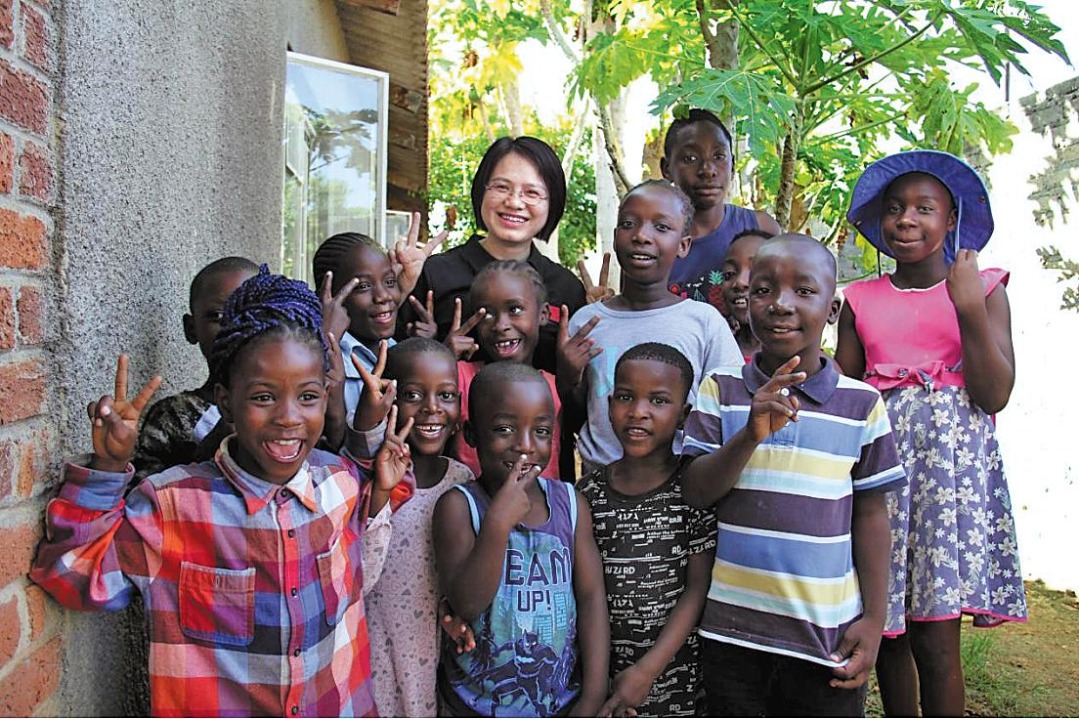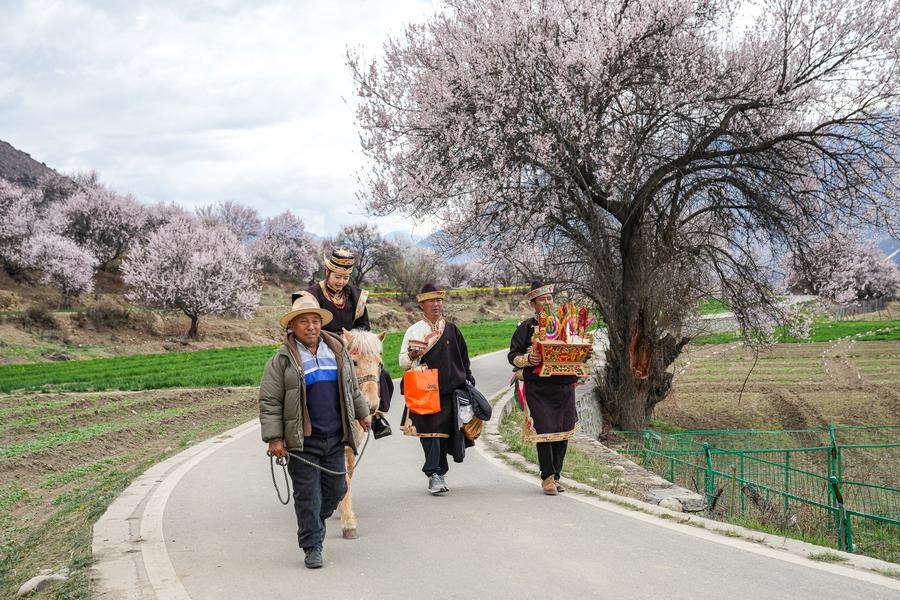Chinese vaccine developers target delta variant


A handful of Chinese COVID-19 vaccine developers said recently that they have obtained the highly contagious delta variant and geared up to develop vaccines targeting the new strain, which has spread to more than 130 countries and regions.
Shenzhen Kangtai Biological Products, based in Guangdong province, said on Wednesday that it has isolated several delta strains as part of its research program aimed at creating a new version of its inactivated vaccine that will specifically target the variant.
The company said it will soon evaluate them against requirements set for human-use vaccines in order to screen for suitable ones in preparation for manufacturing.
The company's first-generation inactivated vaccine was approved for emergency use in China in May. Laboratory tests show it can generate good neutralizing effects and provide protection against emerging variants.
An unnamed employee from the company told Shenzhen Special Zone Daily that it will continue to push for research into variant-specific vaccines and mass production, and will strive to diversify its technologies.
Zhu Tao, chief scientist at CanSino Biologics, said during an online event on Thursday that it is keeping a close eye on virus mutations. He said the company's adenovirus vector vaccine technology can be quickly mobilized to develop and produce vaccines against emerging variants, adding that CanSino has already launched such work.
Last week, Yang Xiaoming, president of Sinopharm's China National Biotech Group, said the company had accelerated research into new vaccines designed to tackle variants, assessing their efficacy and safety in preclinical studies.
Yang Guang, chief business officer of Sinovac Biotech, said earlier that it has acquired samples of the beta, gamma and delta strains-three of the four new strains listed by the World Health Organization as variants of concern.
"We are exploring new vaccines targeting the delta strain based on our established and mature technologies, procedures and standards that have been applied to the first-generation dose," she said. "We are looking forward to publishing relevant data in the future."
Zhong Nanshan, a prominent respiratory disease expert, said in June that different types of vaccine technologies should be used to explore the creation of anti-variant vaccines.
By early last month, the National Medical Products Administration had approved 22 COVID-19 vaccines using five different technologies for clinical trials. Four vaccines have been given conditional approval and three have been approved for emergency use.
Despite the progress reported by manufacturers, a health expert said a number of uncertainties remain in the use of new jabs against variants.
Feng Zijian, a researcher at the Chinese Center for Disease Control and Prevention, told China Newsweek, a weekly magazine, that the length of development will depend on the requirements of drug regulators, especially whether it is possible to grant authorization after completing the first two stages of clinical trials, which takes one to three months.
"It will take longer if the top drug regulator requires completion of all three phases of human trials," he said, adding that drug regulators will take into consideration the fact that some new vaccines only replace the old strain with a new one without altering their core production technologies.
Feng said that issues such as when to begin manufacturing new vaccines targeting variants and how to incorporate them into the current immunization plan are still being discussed.
He said new vaccines can either be used as a booster shot to increase immunity in the vaccinated population or be delivered as normal doses to the unvaccinated.
Flu warning
As China battles the COVID-19 epidemic, health experts have warned about emerging flu threats that might sweep the nation as the weather gets colder later this year.
At a recent national conference, leading experts pointed out the potential threats posed by flu this year and called for inoculation preparations.
Wang Dayan, director of Chinese National Influenza Center, said data shows that for two consecutive months, flu-like cases in China's outpatient clinics have exceeded the number in the same period in the past three years.
The flu epidemic was at a low level last year because people took nonpharmacological intervention measures, including hand washing, masking and social distancing to prevent and control COVID-19, but their preexisting immunity against flu may decline and getting vaccinated against influenza is becoming important, health authorities said.
Ye Zizhen contributed to this story.



































